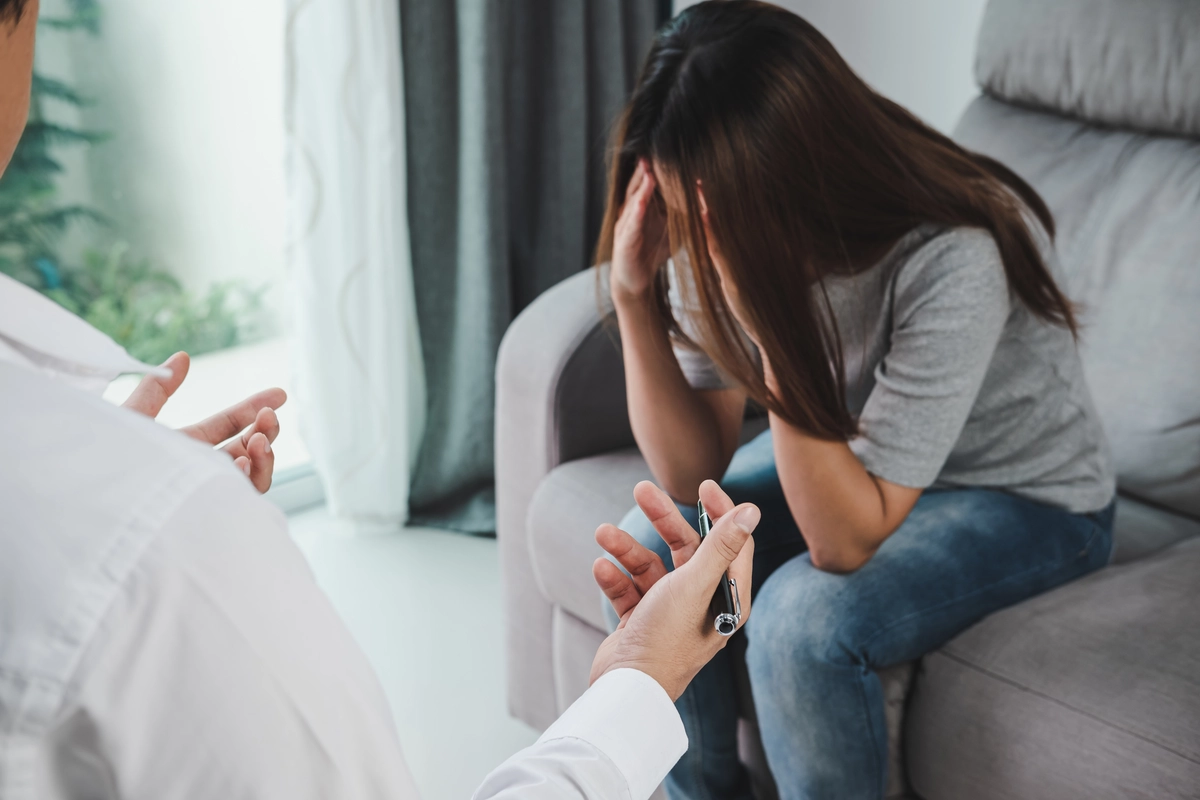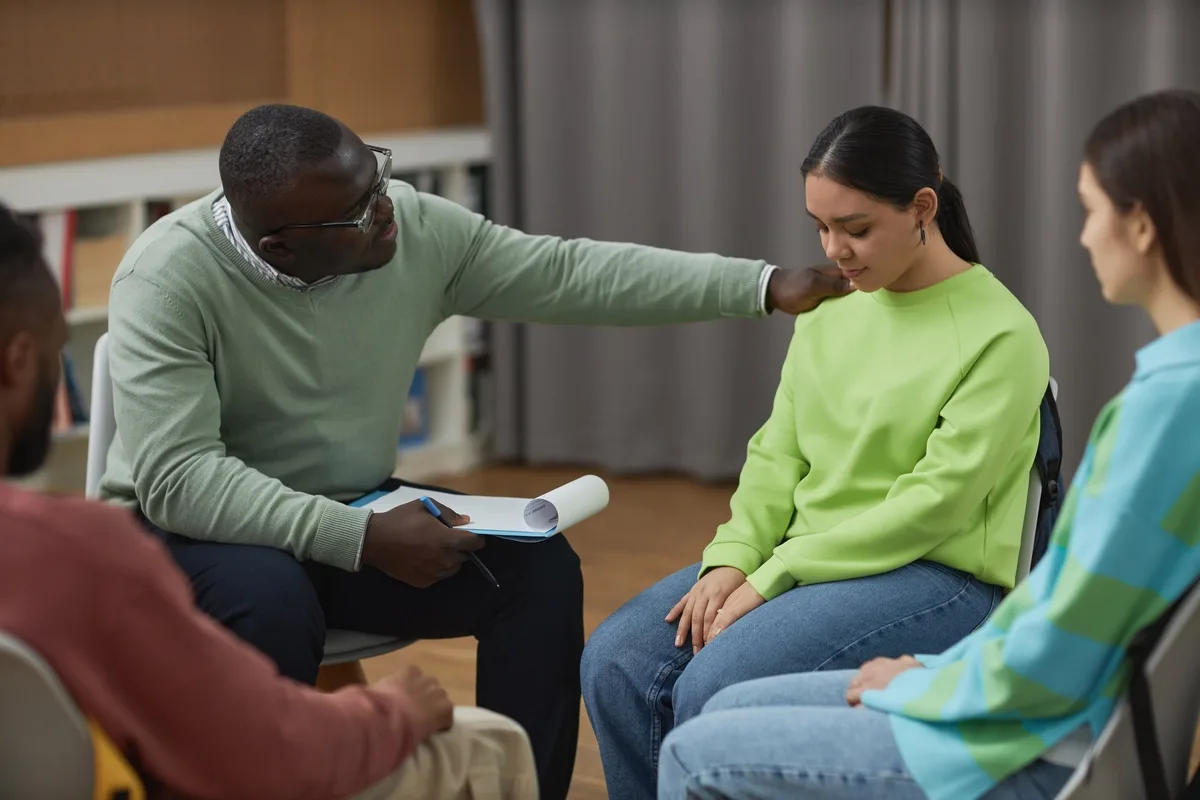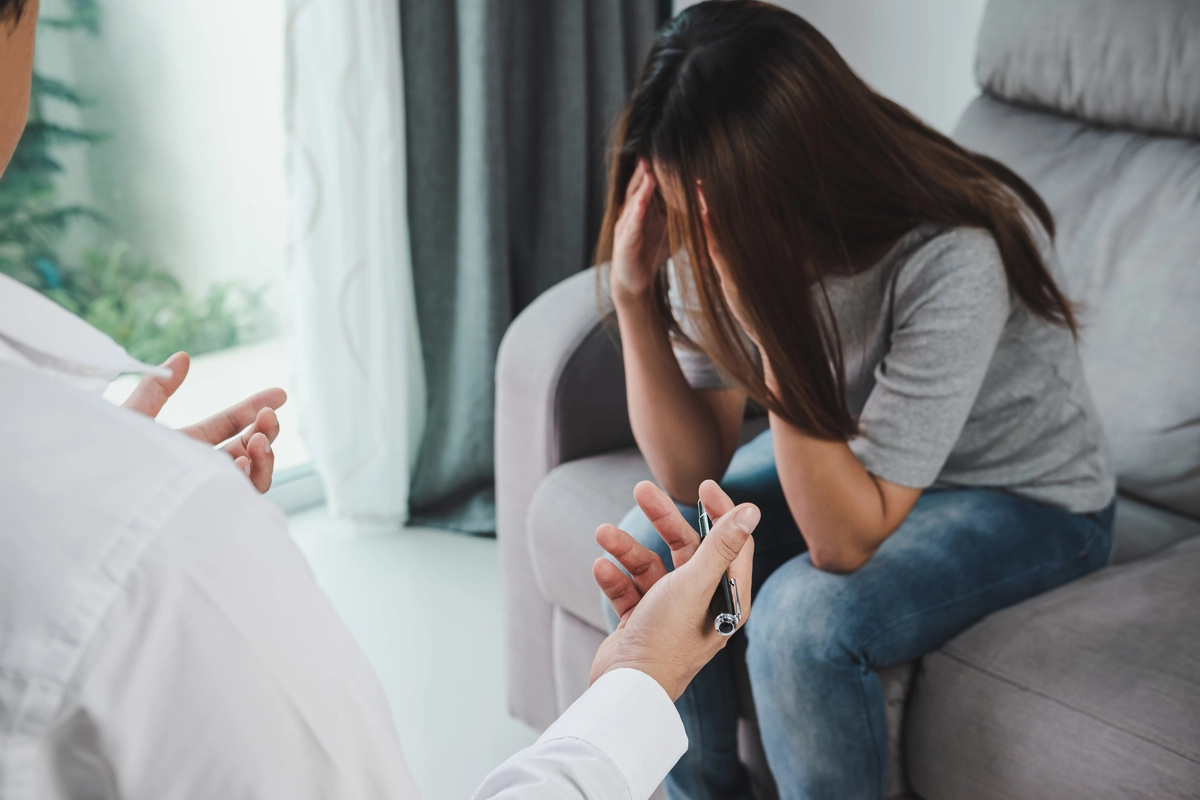24/7 Helpline:
(866) 899-221924/7 Helpline:
(866) 899-2219
Learn more about Outpatient Rehab centers in Greentown
Outpatient Rehab in Other Cities

Other Insurance Options

Lucent

Evernorth

PHCS Network

Molina Healthcare

Choice Care Network

Self-pay options

Meritain

Private insurance

WellCare Health Plans

Sutter

Health Choice

Coventry Health Care

Holman Group

Magellan

Anthem

Kaiser Permanente

Horizon Healthcare Service

WellPoint

Group Health Incorporated

Oxford


The Gilead House
The Gilead House is a Non-Profit rehab center located in Indianapolis, IN. The Gilead House speciali...

Four County Counseling Center
4C Health Solutions is a dual diagnosis behavioral health treatment center located in Kokomo, IN. Wi...

First City Recovery Center
Freedom is within reach at First City Recovery Center. Based out of Kokomo, Indiana, FCRC offers a f...

Community Howard Behavioral Health Services
Community Howard Behavioral Health Services offers the complete realm of behavioral care to treat th...






























AA – Alcoholics Anonymous
AA – Alcoholics Anonymous is a private rehab located in Kokomo, Indiana. AA – Alcoholics Anonymous s...














